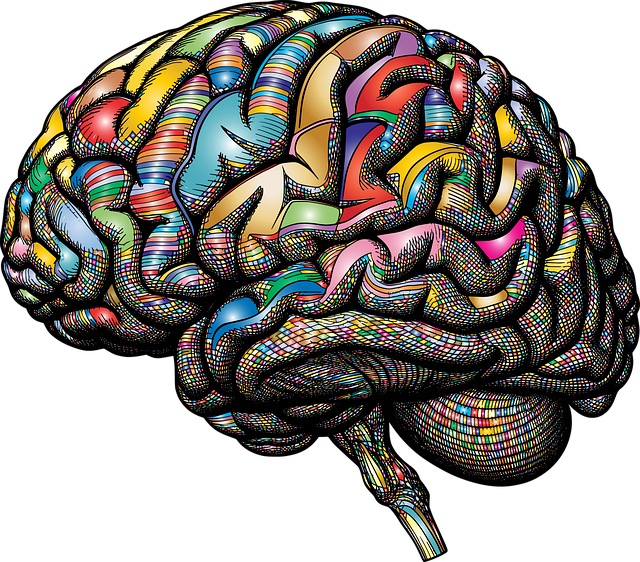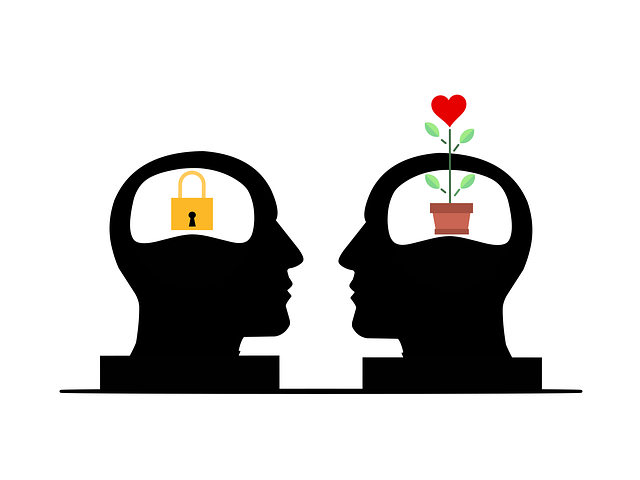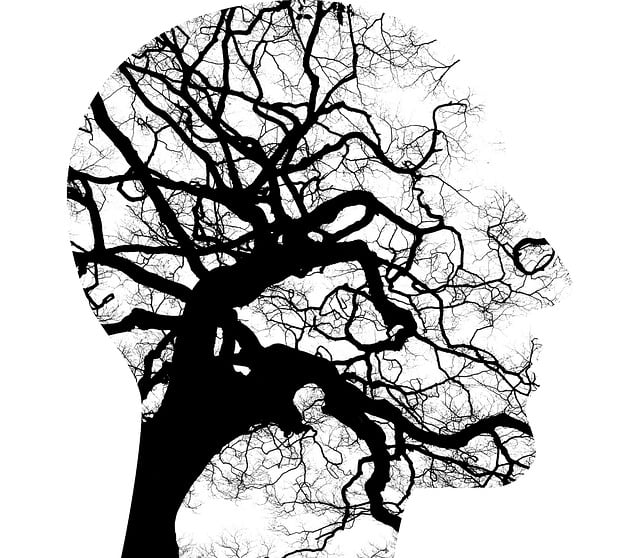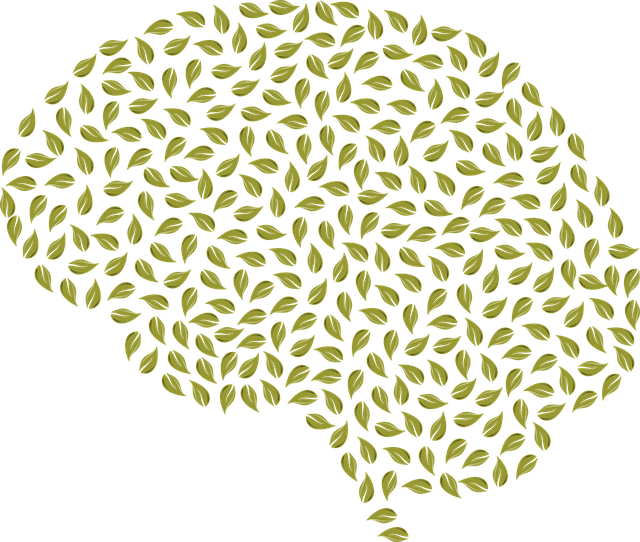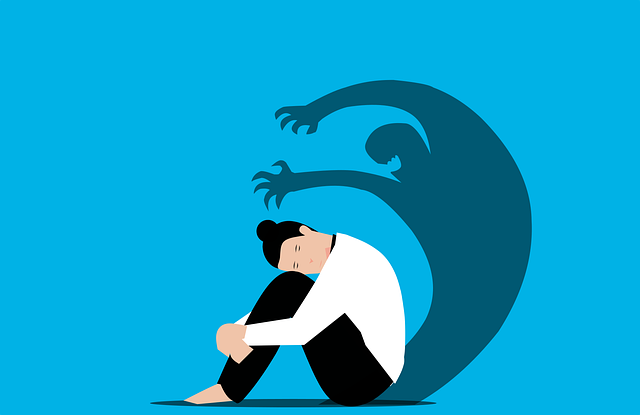Therapy for adults who suffered child abuse utilizes techniques like journaling, mindfulness, and emotional intelligence exercises to process trauma, develop coping mechanisms, and build resilience through the RFM (Resource, Strengths, and Goals) model. This structured approach, proven effective in overcoming childhood trauma, promotes emotional well-being, enhances stress management, and fosters self-care routines, ultimately supporting long-term mental health recovery for survivors.
“Resilience is a powerful tool for healing, especially after traumatic experiences like childhood abuse. RFM (Resource, Function, and Mastery) exercises offer a unique approach to building this resilience in adults. This article delves into the profound impact of RFM on fostering adult resiliency, exploring its connection to childhood abuse. We’ll guide you through effective resilience-building exercises and provide insights on integrating RFM techniques in therapy sessions. Discover how these strategies support long-term healing and growth for those overcoming the effects of child abuse.”
- Understanding RFM and Its Impact on Adult Resiliency
- The Link Between Childhood Abuse and Adult Resilience
- Identifying Resilience-Building Exercises for Adults
- Implementing RFM Techniques in Therapy Sessions
- Supporting Long-Term Healing and Growth Through RFM
Understanding RFM and Its Impact on Adult Resiliency

Resilience is the ability to adapt and bounce back from adversity, making it a crucial element in maintaining mental wellness. For adults who have experienced trauma, such as child abuse, building resilience can be transformative. The RFM (Resource, Strengths, and Goals) model offers a structured approach to enhance inner strength development. By identifying personal resources and strengths, individuals can navigate life’s challenges with renewed confidence. This process encourages positive thinking and fosters a sense of empowerment.
Therapy for adults who have suffered child abuse can effectively utilize the RFM framework. It helps clients recognize their resilience and build upon it, ultimately leading to improved coping mechanisms. Through this therapy, individuals gain insights into their resources and strengths, enabling them to set achievable goals that contribute to their overall well-being.
The Link Between Childhood Abuse and Adult Resilience

Childhood abuse can have profound and lasting effects on an individual’s mental wellness, often shaping their adult resilience or lack thereof. Many survivors of childhood trauma struggle with emotional regulation, trust issues, and low self-esteem in adulthood. These challenges can be deeply intertwined with the original traumatic experiences, influencing how individuals cope with stress, navigate relationships, and maintain overall mental health.
Therapy for Adults who have experienced child abuse offers valuable tools to process these past traumas and develop coping mechanisms. Techniques such as journaling exercises, guided mindfulness practices, and mental wellness coaching programs can help individuals explore and understand their traumatic experiences. Through self-care routine development, survivors can learn to nurture themselves, fostering a sense of safety and resilience that was perhaps missing during their formative years. This process is crucial in reclaiming one’s emotional well-being and building a more robust foundation for the future.
Identifying Resilience-Building Exercises for Adults

Identifying effective resilience-building exercises for adults is a crucial step in fostering emotional well-being and recovery. Many individuals carry the scars of childhood trauma, such as child abuse, which can significantly impact their ability to cope with life’s challenges. Therapy for adults offers a safe space to explore these past experiences and develop coping skills. One effective approach involves social skills training, where individuals learn to navigate interpersonal interactions with confidence and assertiveness, enhancing their overall resilience.
Additionally, emotional intelligence (EI) plays a pivotal role in building resilience. Exercises focusing on EI help adults recognize and manage their emotions, understand others’ feelings, and respond adaptively to stressful situations. By integrating these skills, individuals can break harmful patterns, improve relationships, and develop a stronger sense of self, all of which contribute to long-term mental health and resilience against life’s adversities.
Implementing RFM Techniques in Therapy Sessions

Incorporating RFM (Resilience, Flexibility, and Mastery) techniques into therapy sessions has proven to be a transformative approach for individuals dealing with trauma, particularly those who have experienced child abuse. These techniques offer a powerful set of tools designed to enhance mental wellness and promote effective stress management. By encouraging clients to develop resilience, they can build the capacity to overcome challenges and adapt to difficult situations.
Therapy for adults who have suffered child abuse often benefits from RFM exercises that include journaling as a mental wellness journal guidance tool. This process allows individuals to reflect on their experiences, identify sources of strength, and cultivate new coping mechanisms. Moreover, public awareness campaigns development around these techniques can further support survivors by providing valuable resources and fostering a sense of community, ultimately contributing to the overall goal of building resilience and improving mental health outcomes.
Supporting Long-Term Healing and Growth Through RFM

Resilience-focused therapy, such as Resourceful Living and Mindfulness (RFM), offers a powerful approach to supporting long-term healing and growth for individuals who have experienced child abuse or other traumatic events. By focusing on emotional regulation, RFM equips adults with essential tools to navigate life’s challenges more effectively. This type of therapy helps individuals identify their internal resources, fostering a sense of empowerment and self-compassion that can prevent burnout, especially among healthcare providers who often bear witness to trauma.
Incorporating RFM into mental health education programs design can contribute to the development of robust coping mechanisms, enhancing overall well-being. These strategies are not just beneficial for survivors but also serve as valuable burnout prevention strategies for healthcare providers working in traumatic care environments. By promoting emotional regulation and resilience, RFM paves the way for long-lasting positive changes, enabling individuals to thrive despite their past experiences.
Resilience is a powerful tool for healing, especially after childhood abuse. By employing RFM (Resource, Focus, and Mastery) techniques, therapy for adults can significantly enhance their ability to cope with trauma. These exercises, when implemented in therapy sessions, provide individuals with the resources to navigate and overcome challenges. Understanding the link between childhood abuse and adult resilience is crucial in fostering long-term healing and growth. With dedicated support, adults who have experienced abuse can develop mastery over their lives, breaking free from past traumas and embracing a brighter future.

